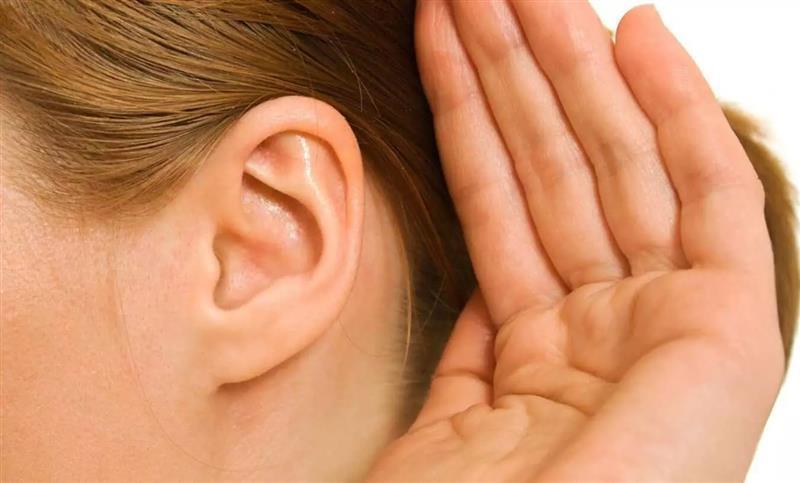
When most people think of hearing loss, they often imagine age-related decline or prolonged exposure to loud noises. However, one of the most overlooked causes of hearing loss is physical trauma—particularly falls and accidents.
How Accidents Affect Hearing
When you experience a fall or an accident, your head and ears can sustain injuries that directly or indirectly impact hearing. For example:
-
Head trauma can damage the delicate auditory nerves or parts of the brain responsible for processing sound.
-
Fractures to the skull or ear bones may disrupt the inner ear’s function.
-
Sudden pressure changes or injuries can damage the eardrum.
Signs of Hearing Loss After an Accident
Some symptoms may appear immediately, while others develop gradually:
-
Ringing in the ears (tinnitus)
-
Muffled or distorted sounds
-
Difficulty understanding speech
-
Dizziness or balance issues
Prevention and Care
-
Always wear protective gear during activities prone to accidents, like sports or construction work.
-
Use handrails and slip-proof flooring to reduce fall risks.
-
Seek medical care immediately after a head or ear injury, even if symptoms seem mild.
Why Early Intervention Matters
Untreated hearing loss can affect communication, cognitive function, and overall quality of life. Early detection gives you better treatment options—from medication to hearing aids and rehabilitation.